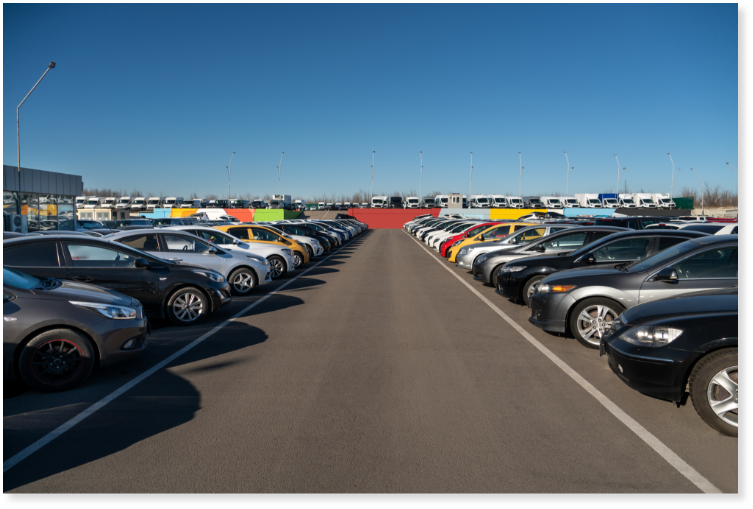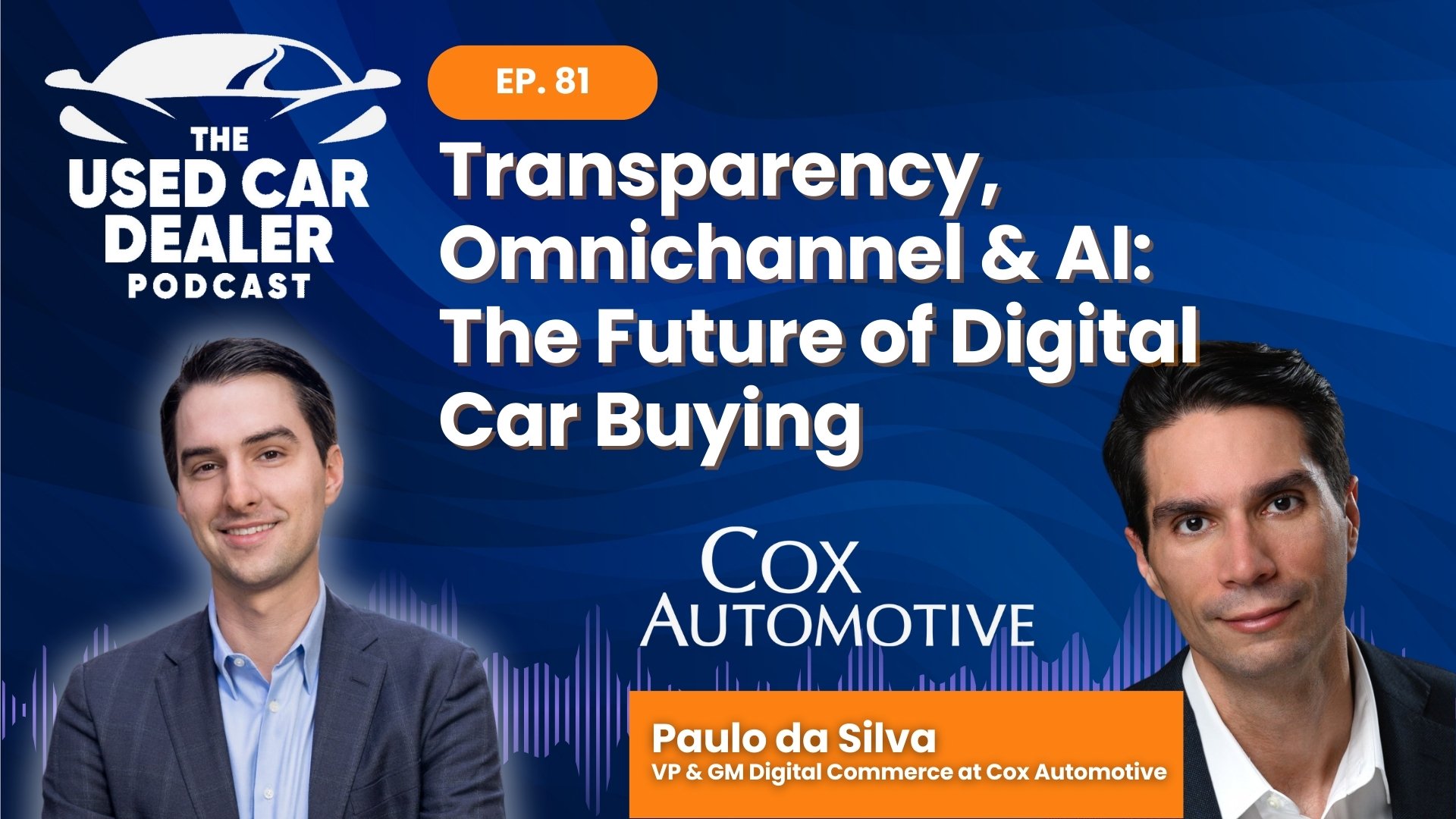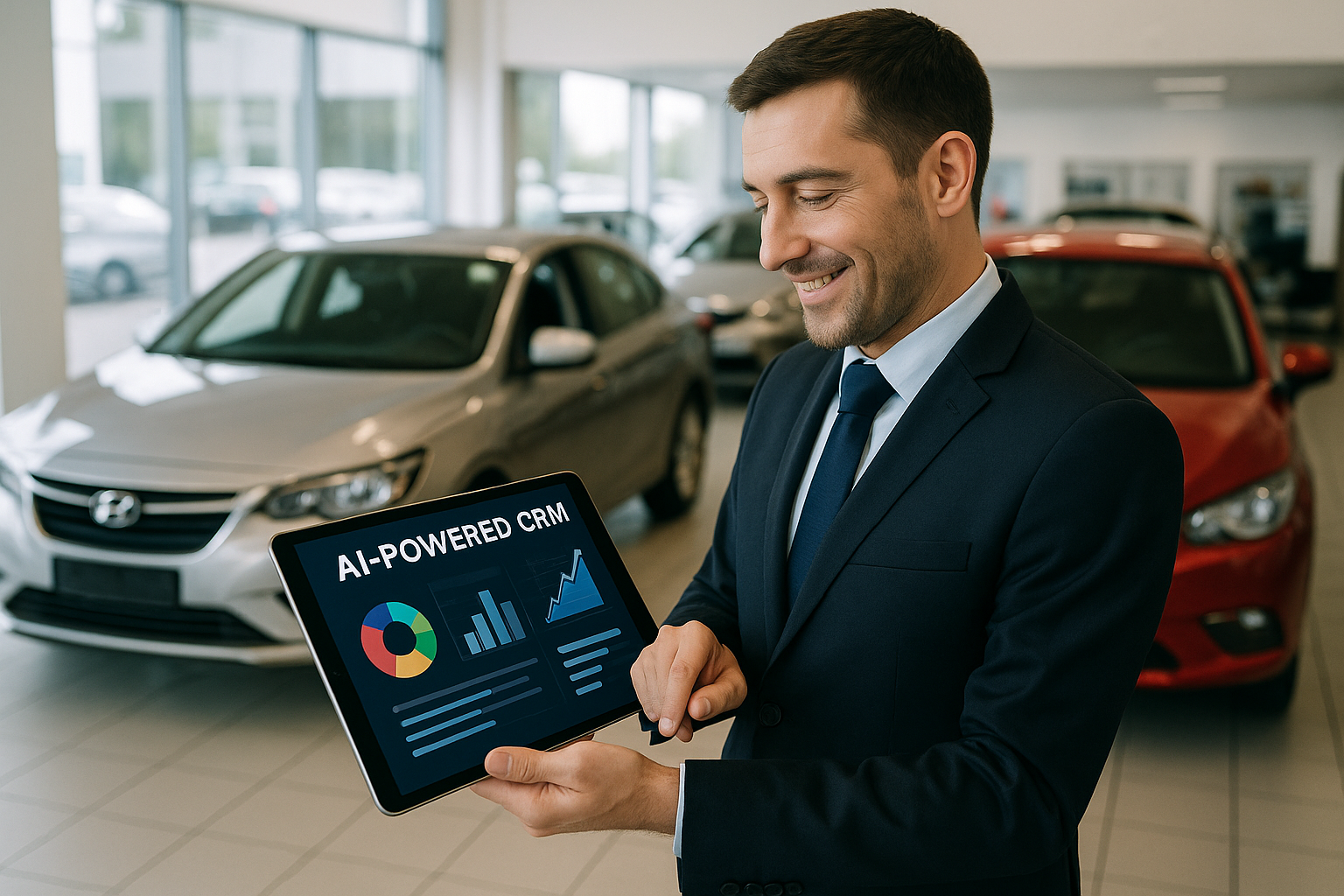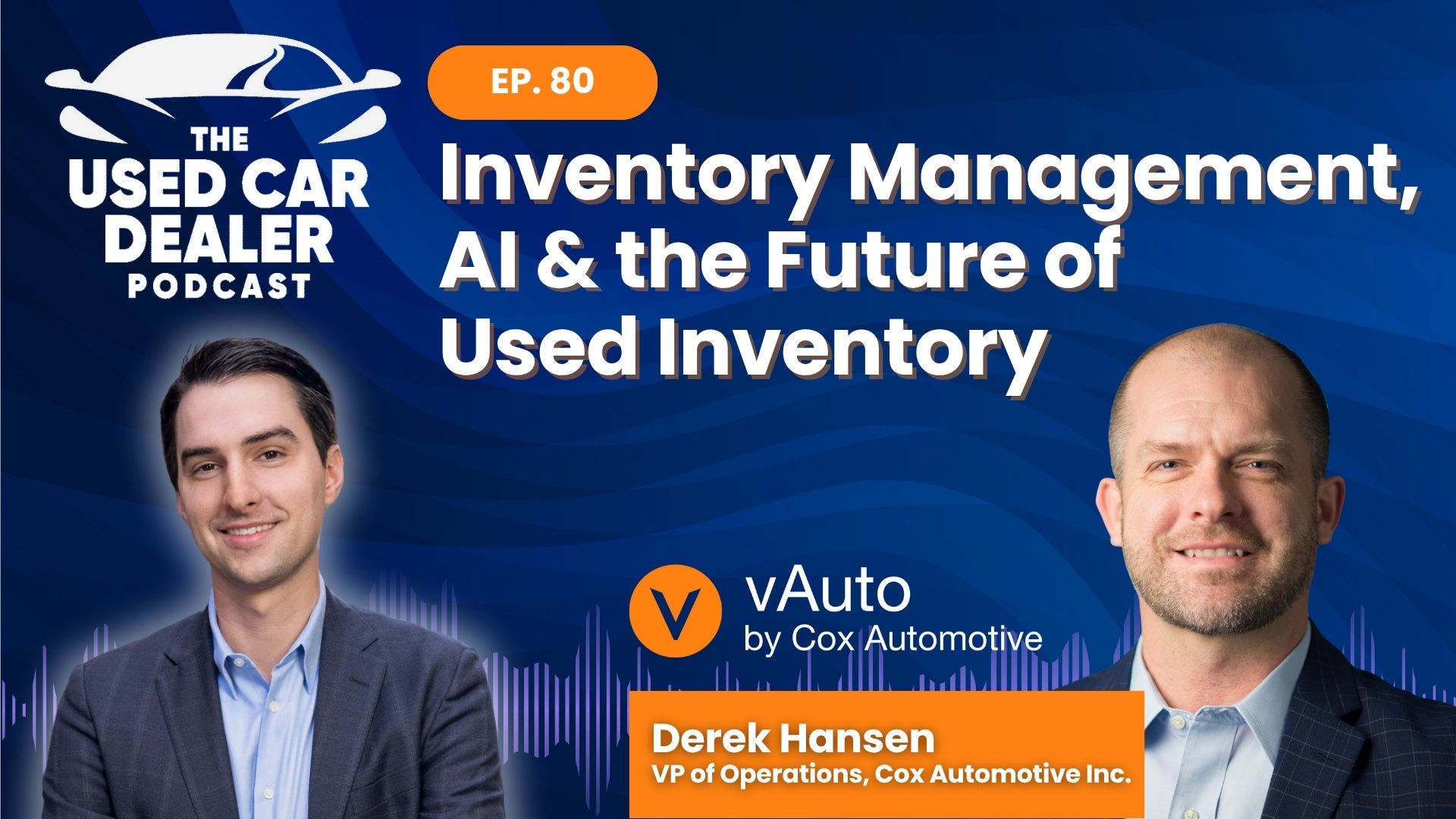Independent dealers are feeling pressure from all sides as the used car industry rapidly evolves as well as the impacts from the COVID-19 virus.
Slowing new car sales have forced franchise dealerships to double down on their used car departments. On the other side, digital used car platforms like Carvana and Vroom are changing buyer expectations. In an age when you can buy a vehicle 100% online, consumers grow impatient with pushy, paperwork-heavy dealership experiences.
Outflanked by tech-savvy competitors with deep wallets, independent dealerships everywhere are faced with a choice: Do we adapt, or become uncompetitive?
Luckily, a handful of new tools are helping used car dealers fight back. Digital retail platforms make it easy for used car dealers to upgrade the customer experience to keep pace with franchises and online marketplaces.
It’s time for used car dealers to embrace digital retail platforms as the new standard for the dealership experience. We’ll get into the benefits, but first, let’s look at what “digital retail” really means.
What is Digital Retail?
For many used car dealers, digital retail conjures up images of Amazon and eBay—100% online sales and delivery straight to your house. While some car marketplaces allow 100% online sales, 95% of customers still buy their vehicles in a dealership.
For used car dealers, digital retail is a hybrid of online and offline car-buying experiences. It gives car-buyers the ability to start the buying process online, then complete the purchase in-store—or vice versa. Digital retailing (which is sometimes called “omnichannel marketing”) allows customers to start and stop the deal flow on their terms.
Digital retailing platforms also transfer most―if not all—physical paperwork online. Customers can complete paperwork on a tablet in the store, or log-in and finish the process from the comfort of their home.
Whether in-store or at home, digital retailing streamlines the car-buying journey while giving customers the flexibility and control they desire.
Benefits of Digital Retail for Used Car Dealers
Is digital retail a game-changing trend, or another overhyped fad? Given the massive changes happening in the used car industry, the answer is clear: Digital retail is a major innovation that could have long-term benefits for early adopters.
There are three main benefits of digital retailing platforms for used car dealers:
1. Improved Customer Experience
According to Cox Automotive’s 2019 Car Buyer Journey Report, customer satisfaction declines significantly after spending more than 90 minutes at the dealership. However, the average customer spends 2 hours and 52 minutes at the dealership―almost twice as long as preferred.
Digital retailing platforms make the two most frustrating parts of the car-buying experience easier: paperwork and price negotiations. Customers can complete these steps online before they visit the dealership.
“By making more steps to the sale available online before customers arrive at the store, dealers can reduce the amount of time spent on the deal at the dealership, thereby positively impacting customer satisfaction,” said the report.
Digitizing paperwork and negotiations can shave 93 minutes off the car-buying process, putting dealerships squarely in the sweet spot of customer satisfaction.
Improved customer satisfaction creates a virtuous cycle of referrals from happy customers, who then recommend your store friends and families as well.
2. More Profitable Upselling Opportunities
Price transparency and greater competition are hurting margins on used car sales. Dealers need to find those profits elsewhere, especially in F&I products and long-term service contracts. Digital retailing platforms provide innovative upselling opportunities that increase margins for used car dealers.
According to McKinsey Consulting, digital retail platforms “offer better ways to serve customers and extract more lifetime value via tailored F&I offerings or the up-sale of parts-and-service contracts during vehicle negotiations.”
Some digital retail platforms also streamline vehicle trade-ins, giving customers instant quotes and helping dealers secure much-needed used vehicle inventory. Modal—a popular digital retailing platform—has an online trade-in feature that gives customers an estimate and offer before they ever step foot on the lot.
3. Keep Pace with Franchises and Digital Used Car Platforms
The collapse of big-box retailers like Sears and Circuit City should be a warning to used car dealers: keeping pace with innovative competitors is essential.
Online retailers like Carvana and Vroom are leading the way in terms of innovation, but franchises are close behind. OEMs are pushing their franchise partners to adapt digital retail solutions and modernize the in-dealership experience. CarMax, meanwhile, recently bought a $50 million minority stake in Edmunds to improve its digital retail product.
Things are changing fast, and independent dealers need to keep up. Many digital retailing platforms integrate directly with popular used car dealer DMS and CRM tools, making installation relatively simple. The bigger challenge for used car stores is adopting an omnichannel marketing mindset.
Bumps in the Digital Retail Road
However, some dealers still have concerns about digital retailing tools—specifically with automatic payment calculator features.
In a study conducted by CBT News in 2019, 50% of dealers said it is common for payment tools to provide unrealistic or inaccurate monthly payment expectations. Another 37% somewhat agreed with the statement. Many dealers report having re-desk deals that came through their digital retail channel, causing frustration with customers and lower deal profitability.
Still, the future of digital retail is bright. The technology will continue to improve, and as more customers experience the ease of digital retail, the more they will come to expect it.
Are you Going Digital?
Independent used car dealers stand at a crossroads. As automotive retail changes around them, every owner and GM has to make a choice: Do we change with the times, or stick to “business as usual?”
Regardless of what road you choose, the digital retail evolution is not stopping for anyone. McKinsey Consulting estimates that 25-50% of the used car buying experience will shift to online, up from only 6% today. It’s hard to imagine a future where all but a few niche dealers adopt omnichannel marketing tools.
Here’s the good news: it’s not too late to evolve. No one has missed the boat yet. Every dealer in business today can still adapt to the modern car-buying experience. Not only will digital retail help you keep up with fast-moving competitors, but it will give you an early-mover advantage over other used car dealerships.
Thanks to modern digital retail platforms, any dealership can offer a top-notch customer experience. We can’t control where the used car industry is going, but we can control how we respond to it.


.png)




.jpg)
.jpg)
.jpg)
.jpg)

.png)
.png)
